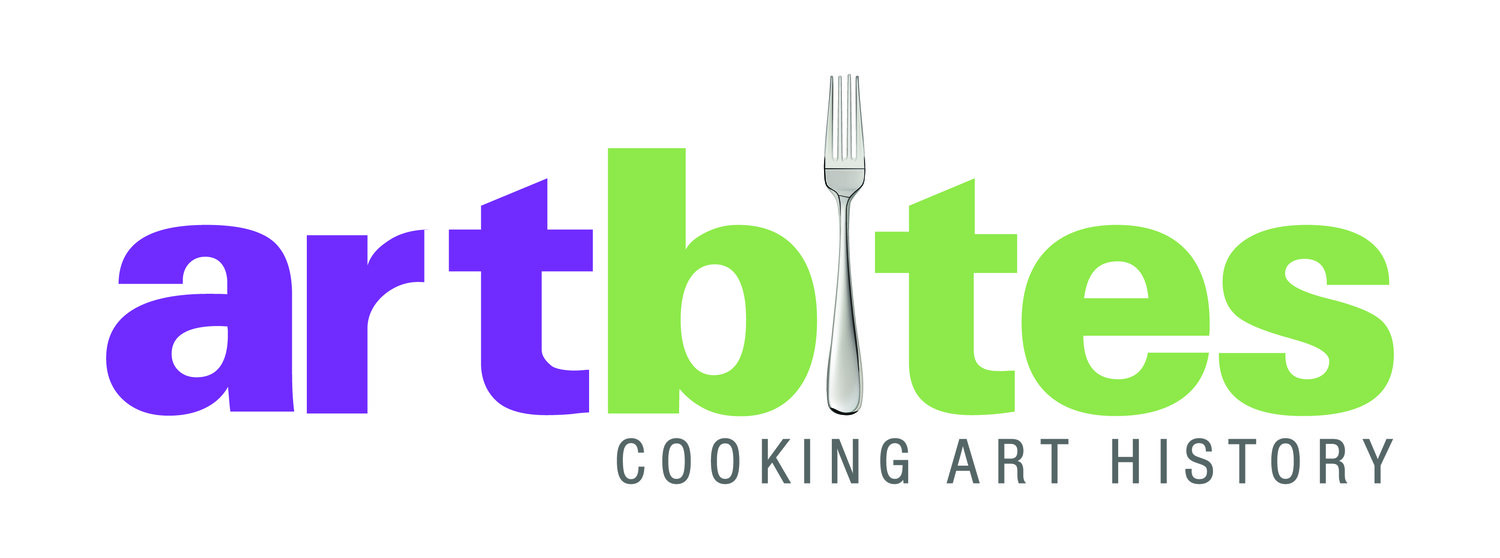Olive and Pistachio Tapenade
Printed in 1474, De honesta voluptate et valetudine (On Right Pleasure and Good Health) was one of the first five cookbooks printed using Gutenberg’s radical new technology: the printing press. At the time, cookbooks were the most popular printed books, second only to the Bible. It was the first printed cookbook to circulate throughout Italy.
Written by Bartolomeo Sacchi, otherwise known as Platina, was a scholar, poet and Vatican librarian – not a cook. He copied the recipes from a manuscript composed by Maestro Martino of Como, personal chef to Cardinal Treviso and the finest cook in all of Rome. Platina justified doing so by adding medical, historical, or moral facts to each entry.
On olives: there are several kinds of olives: the preserving kind, the long olive, the oblong olive, which is best preserved of all olives, as Varro says, the Salentine, and the Spanish. They are eaten with fish and roasted meats so as either to dispel squeamishness or induce appetite.
On pistachios: Doctors use them in drugs. They have almost the same uses as pine kernels, especially for snake bites, for they are bitter and astringent in quality and are for that reason believed to be good for the stomach. It is especially agreed, though, that they purge ills of the chest as well as the lungs and liver.
1 cup Castelvatrano olives, pitted and coarsely chopped
1/4 cup unsalted roasted pistachios, finely chopped
1 garlic clove, minced
2 tablespoons olive oil
zest of one lemon
juice of 1/2 lemon, or to taste
salt and pepper
Mix olives, pistachios, garlic, and oil in a bowl. Add lemon zest and juice and season to taste with salt and pepper.
Serve with crackers or crostini as an appetizer or over baked salmon or roast chicken.
Makes about 2 cups

